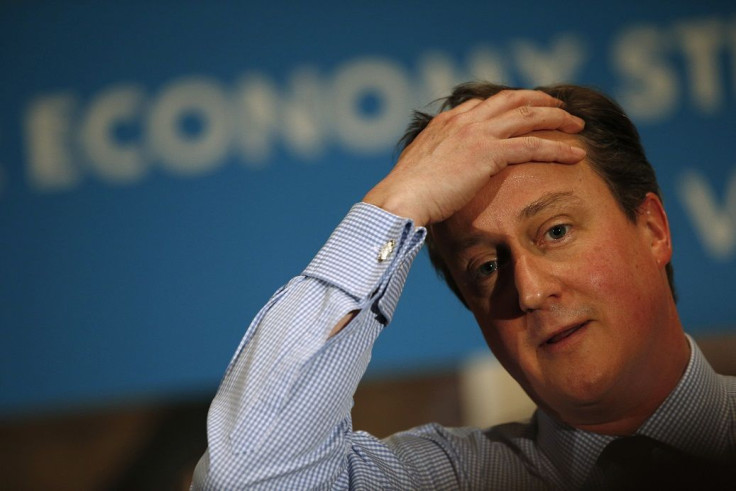Military Veteran Calls Britain’s Response To ISIS Threat As ‘Feeble’

The United Kingdom's response to terror threat coming from Middle East is "feeble" and its accentuating defence cuts amount to a compromise with the country’s security, says the former U.K. Navy chief Adm. Nigel Essenhigh.
In an article contributed to a leading news paper, the military leader said, in the wake of Britain's "unfinished business" in Afghanistan, it is understandable that "appetite" for military intervention abroad is less and it can justify the country's lack of action in addressing threats from terrorists.
Calling it an alibi for inaction, the veteran said, " there is cover for our recent, feeble responses to events in the Middle East such as in Libya, Syria and once again in Iraq, as well as in the face of the exponential threat posed by Islamic State." Essenhigh wrote in Sunday Telegraph that the United Kingdom’s military budget cuts are comparable to its mistakes prior to the Second World War. Calling for more funding, Essenhigh regretted that the U.K has not learnt from the mistakes of 1930s when Nazism was rising.
Right now, the U.K. is part of the U.S.-led coalition that carries out airstrikes against the Islamic State militant group’s positions in Iraq and Syria. The ISIS is noted for its brutal ways and its victims included U.K. aid workers David Haines and Alan Henning, who were beheaded. To combat ISIS, a few hundreds of U.K. personnel are teaching infantry tactics and first aid skills to Kurdish forces on the ground. In February, the Defense Committee noted that the United Kingdom's involvement in the anti-ISIS has been strikingly modest.
The U.S. Concern
Meanwhile U.S. Congressman Ted Yoho said, Britain and the United States share a common heritage and they need to work together in preserving Western values, including NATO mandates on defense spending. Drawing on his own experience in the mission for defeating Colonel Gaddafi in Libya, he said, lots of countries signed up but only less than half participated and the U.S. taxpayer had to foot the bill. “It causes resentment,” Yoho said.
Britain’s Conservative government has been mulling unprecedented cuts to the U.K. military; with Britain’s annual spend slipping below the NATO requirement of 2 percent of Gross Domestic Product. In June, U.S. Defense Secretary, Ashton Carter said the U.K, had “always punched above its weight” and it would be “great loss to the world if it took action that would indicate disengagement.”
Unmindful of the criticism, Chancellor George Osborne is expected to cut £1 billion from Britain’s military budget even as the Conservatives are upholding their commitment on spending 0.7 per cent of GDP on foreign aid.
(For feedback/comments, contact the writer at k.kumar@ibtimes.com.au)





